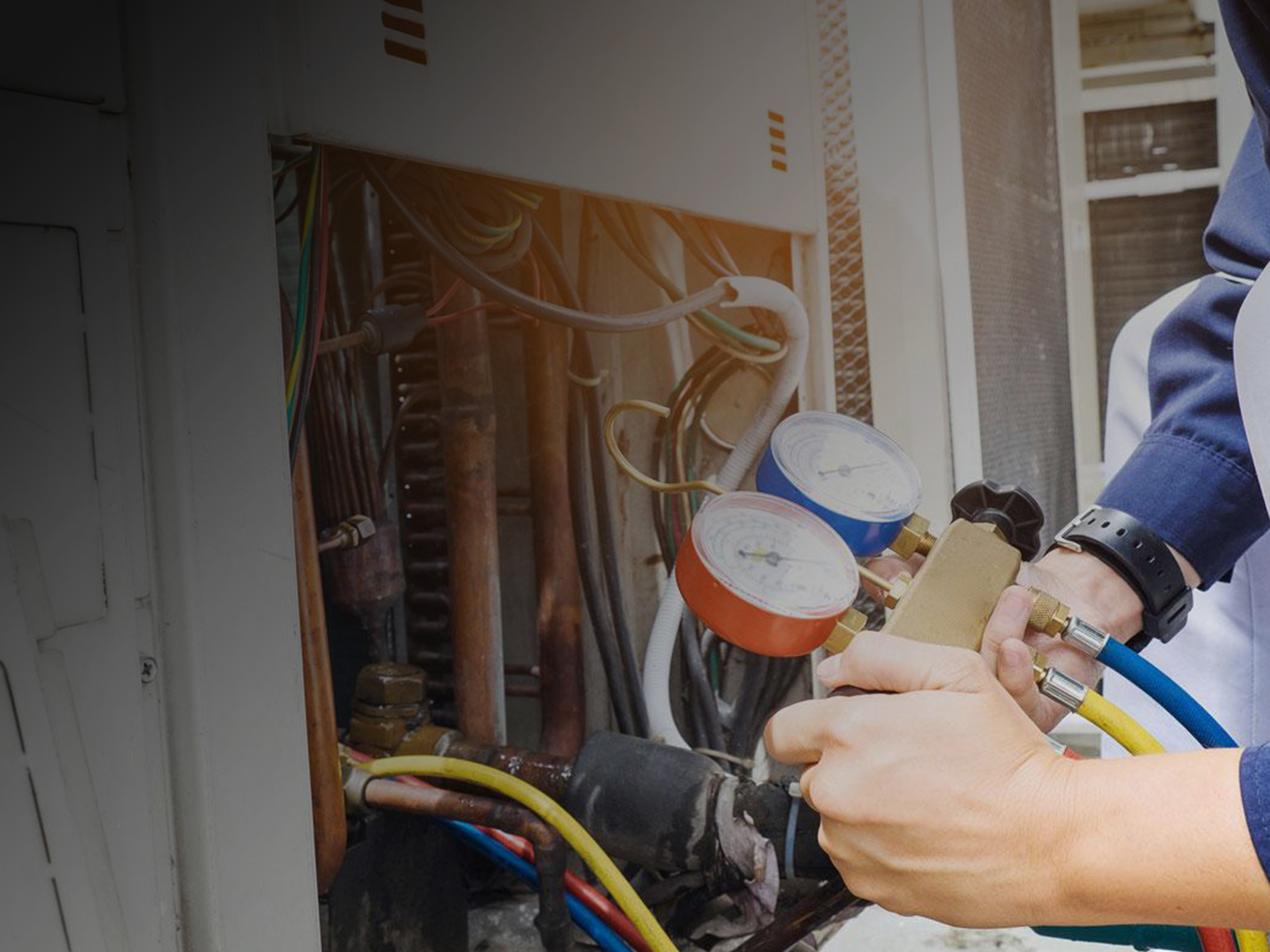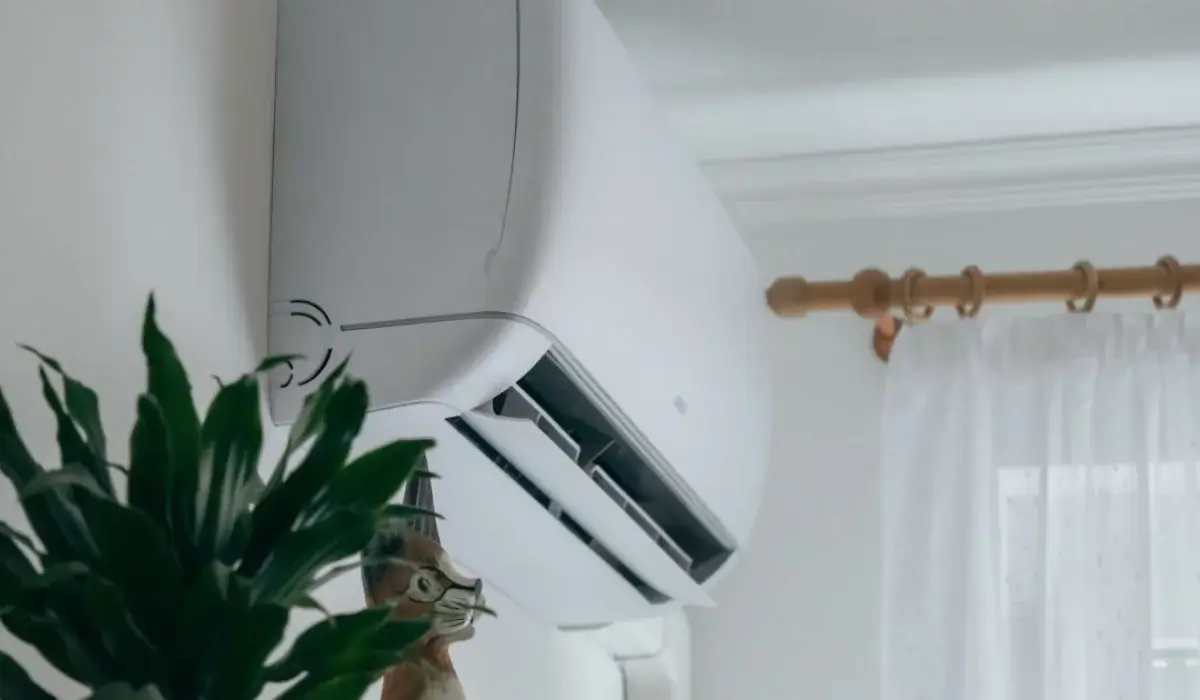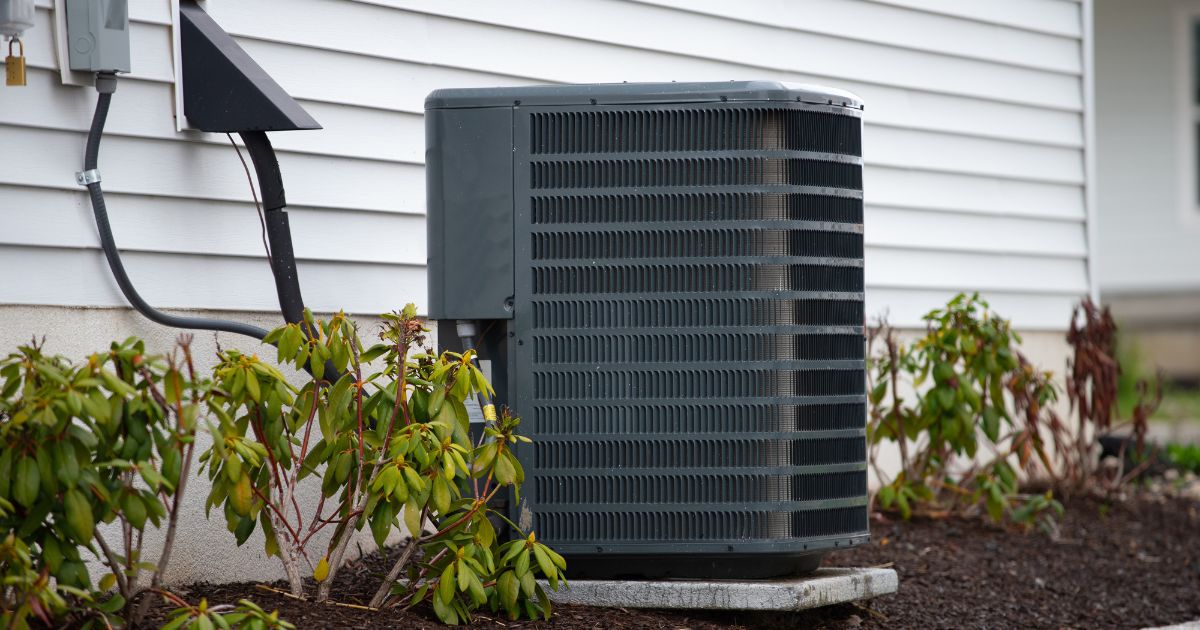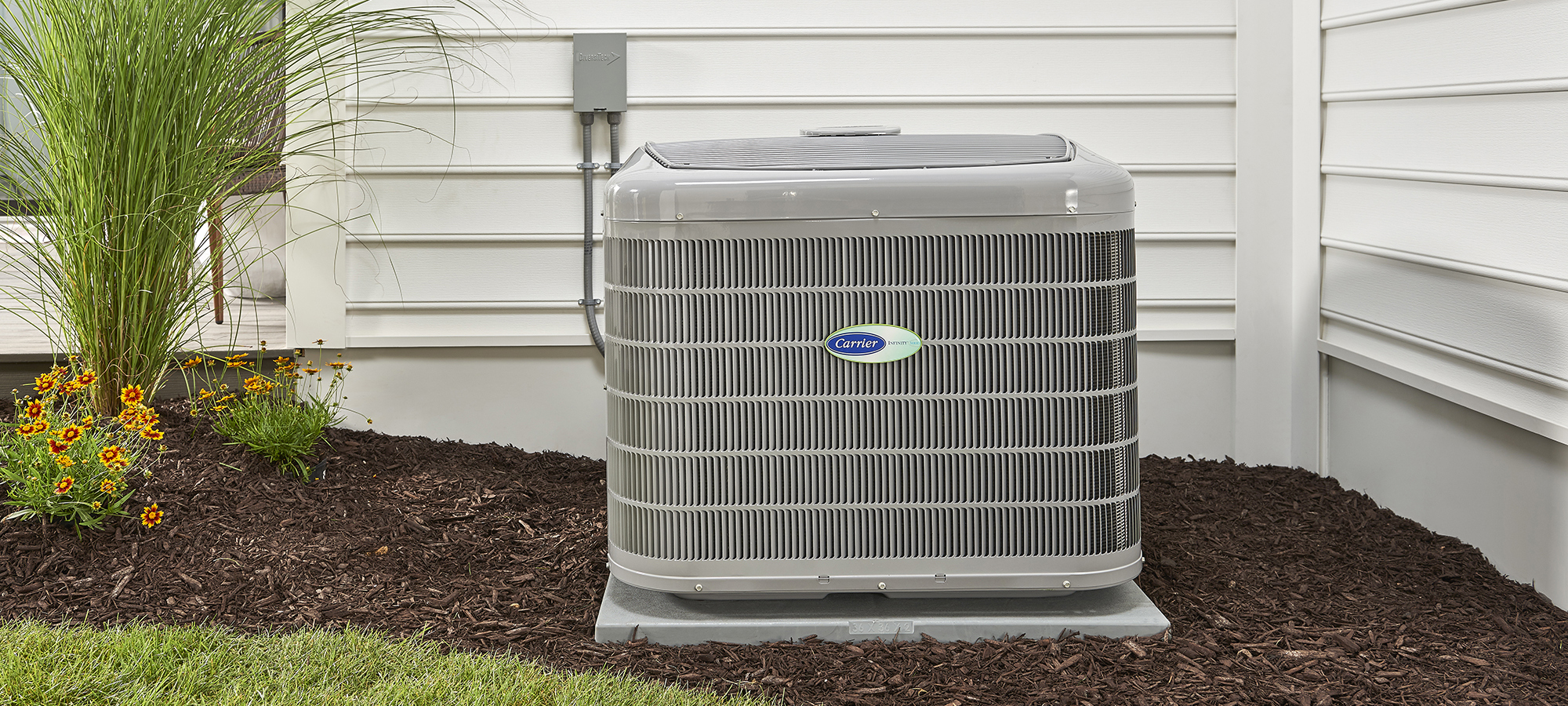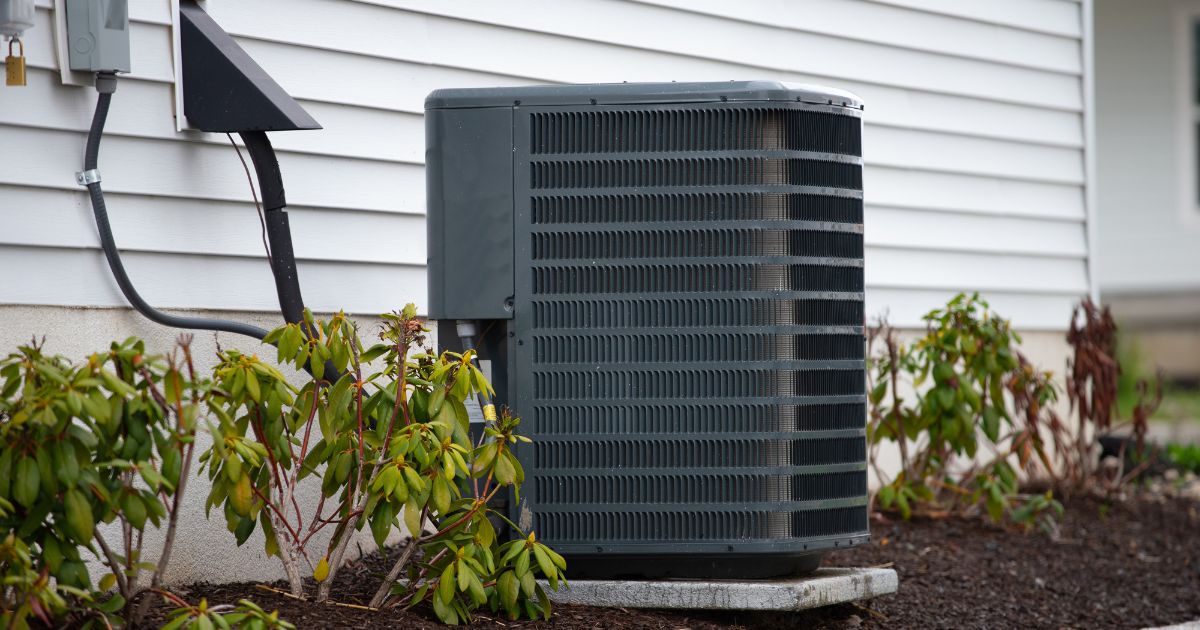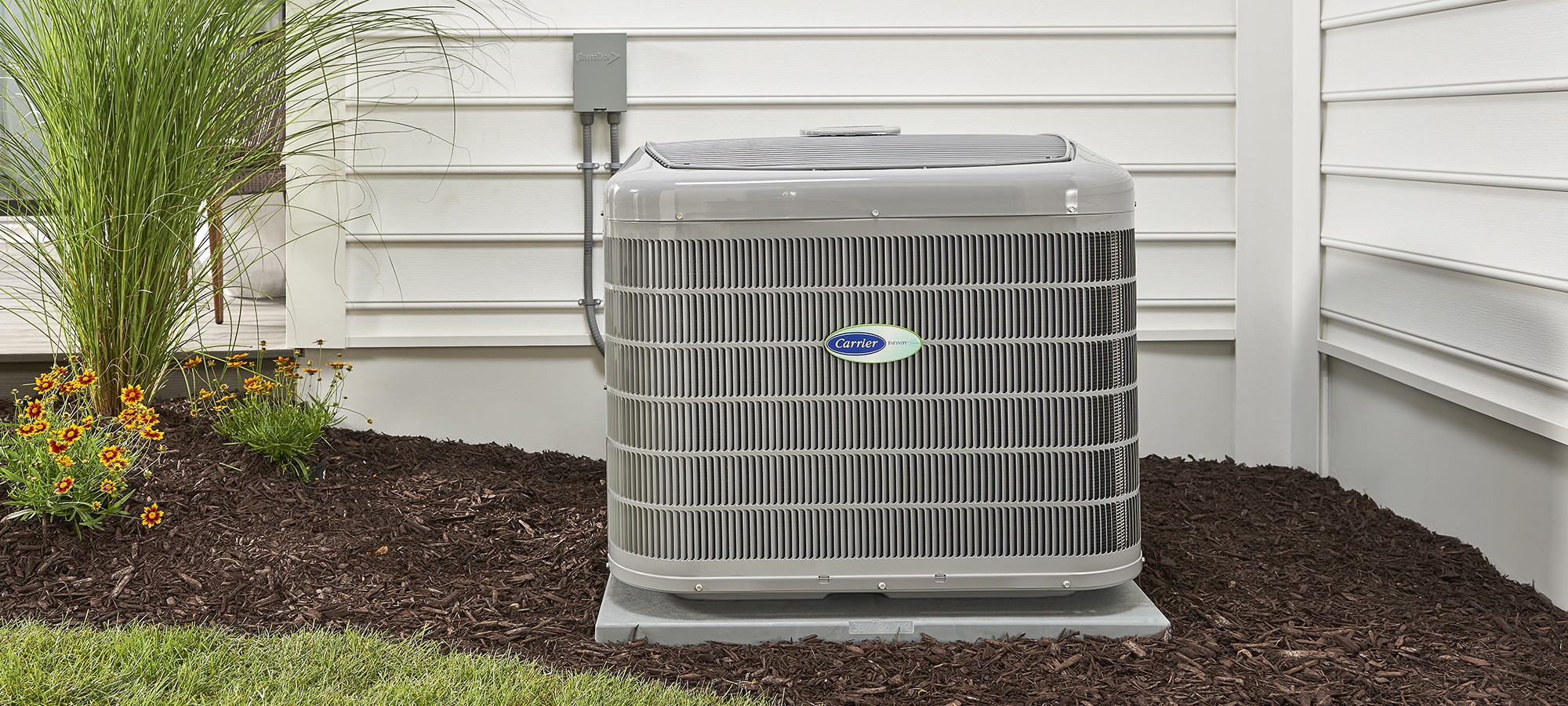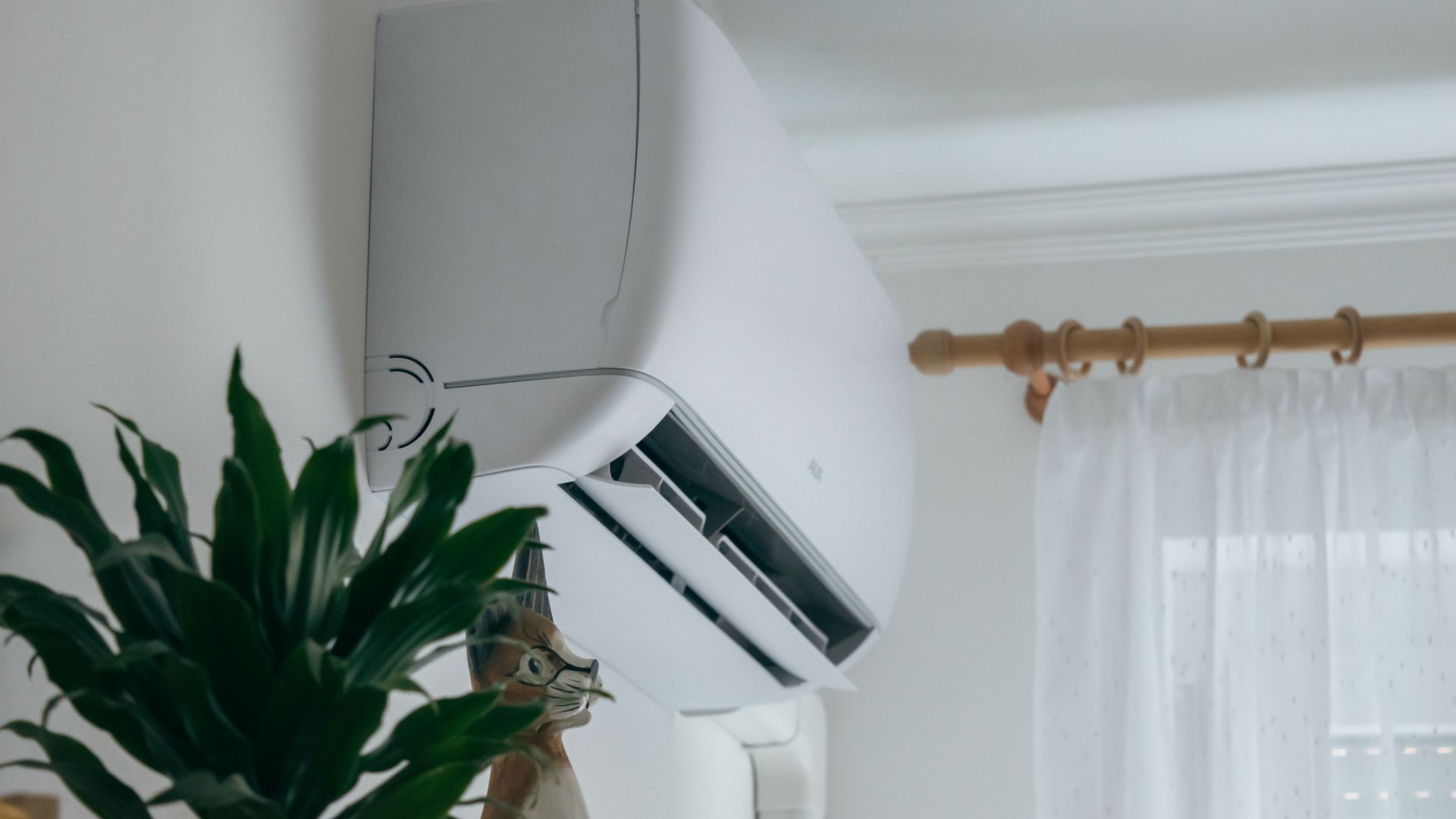Heat Pump Installation Costs in Bandon: What Homeowners Should Expect
Bandon’s mild winters and cool coastal summers make heat pumps an ideal all-in-one system for comfort and savings. However, for your heat pump to function at its best, it needs to be properly maintained. Eventually, even the best HVAC equipment can start to fail. When this happens, Alpha Heating & Air can help you decide on the best heat pump installation for your home.
Heat pumps are increasingly popular in Bandon, OR, because of their exceptional energy efficiency. They are an ideal system for heating and cooling in Bandon’s mild climate. Whether you need help calculating the ideal heat pump capacity or want to know what to expect from the installation process, our team of local HVAC experts can help.
Average Heat Pump Installation Costs in Bandon
When it comes to the heat pump installation cost, there are a range of factors that can impact the final cost. For example, SEER2 ratings, ductwork requirements, and the size of your home can play a major role in the cost of a heat pump in Bandon. In general, you can expect the following price ranges.
- Ductless Mini-Splits: $3,500 to $8,000+
- Whole-Home Heat Pumps With Ductwork: $7,000 to $15,000+
The easiest way to find out how much your Coos County heat pump will end up costing is by talking to an HVAC professional. Our experienced HVAC professionals can give you a free heat pump estimate in Bandon, so you can know how much you will need to budget for.
Key Factors That Affect Heat Pump Installation Cost
The basic heat pump replacement cost can vary significantly based on a few main factors.
System Type
In general, ductless heat pump installation will be much cheaper because you don’t have to install a bunch of ductwork.
Number of Indoor Units
If you are getting ductless mini-splits, you will likely need multiple units to heat and cool your home. The number of units will directly affect the overall price.
Home Size and Layout
Larger homes require a higher capacity heat pump or more ductless mini-splits, which increases the cost.
Ductwork Repairs and Replacements
If your existing ductwork is leaking air or damaged in other ways, the cost of ductwork repairs and replacements can add up.
Brand and Efficiency Rating
Some brands cost more. Additionally, ENERGY STAR-certified devices and units with high SEER2 ratings will likely be more expensive upfront. However, energy-efficient heating systems tend to save you money in the long run and are often eligible for special rebates.
Electrical Panel Capacity
If you have an older electrical panel, new appliances, or added renovations, you may need a larger electrical panel capacity. Getting an upgrade can cost between $1,300 and $3,000 on average.
Labor and Permitting Costs in Bandon
Bandon homeowners also need to consider the cost of labor as well as local permitting costs.
Incentives and Rebates Available in Oregon
When you get a heat pump installation, you may be able to claim special rebates and tax credits if it is an energy-efficient unit. This can help decrease the overall cost of your new unit.
Are Heat Pumps Worth the Cost?
If you switch from furnaces and baseboard heating to an air-source heat pump, you can lower your energy costs by 50%. While the amount can vary based on the size of your home, consumption patterns, and other factors, the typical home saves $500 a year by switching to a heat pump.
Getting an HVAC upgrade in Bandon is a cost-effective option because of the area’s temperate climate. Heat pumps don’t experience as much strain during Coastal Oregon’s mild winters. Besides the long-term energy savings, homeowners can enjoy having quieter operation and a more eco-friendly HVAC system. Plus, the convenient zoning options mean you can enjoy individualized comfort control.
Rebates and Incentives in Oregon for Heat Pumps
To lower the cost of your Oregon heat pump, check out Energy Trust of Oregon rebates. These rebates can be significant, with one option providing up to $4,000 for heat pumps in new manufactured homes. Additionally, local utilities like Pacific Power and Coos-Curry Electric Cooperative sometimes have heat pump incentives.
On a national level, you can look into the Energy Efficient Home Improvement Credit. This credit provides up to 30% of your heat pump installation cost, up to $2,000.
If you are unsure how to access top rebates, give us a call. One of our HVAC team members will walk you through the process and what to expect.
What To Expect During Installation
When you get home heating and cooling solutions installed, you can expect the following process.
- First, we’ll visit the site and calculate the load capacity you need.
- Our HVAC technician will inspect the ducts for issues or design your ductless system.
- We’ll carefully select the best unit and placement for your family’s needs.
- If electrical work needs to be done, we’ll complete it before the install day.
- In most cases, it takes us just one to three days to complete the entire process.
- When everything is finished, we’ll do a final inspection and walkthrough to make sure everything is fully operational.
Choosing the Right Heat Pump for Your Home
To pick the best heat pump for your home, consider the following factors.
- Variable-speed or single-stage units
- Multi-zone or single-zone systems
- Indoor air handler type
- Correct sizing and design
Picking the best heat pump can feel daunting. Our team can help you select the perfect heat pump for your home, comfort goals, and budget.
For a complete overview of heating system options, installation costs, and maintenance tips, explore our Complete Home Heating Guide for Bandon Homeowners.
Why Choose Alpha Heating & Air for Heat Pump Installation in Bandon
Coastal Oregon homeowners choose to work with Alpha Heating & Air for a few key reasons.
- Local Experience: We understand the coastal climate challenges your home faces.
- Transparent Pricing: Our team gives an upfront estimate, so you know exactly what to expect.
- Licensed Professionals: All of our HVAC technicians are fully licensed and insured.
- Customer Education: We’ll carefully walk you through the entire process. Plus, our aftercare services mean you can feel 100% confident about your ongoing support.
- Top-Rated Reviews: By checking out our positive testimonials and local reviews, you can see what it’s like to work with our team.
Discover the Best Heat Pump Installation Options for Your Home
For Bandon homeowners, a new heat pump installation is a wise investment choice. Our experienced HVAC technicians have the local know-how you need to choose the best energy-efficient upgrades for your home.
Live in Bandon or nearby? Contact Alpha Heating & Air for expert heat pump installation backed by local expertise and years of experience.
